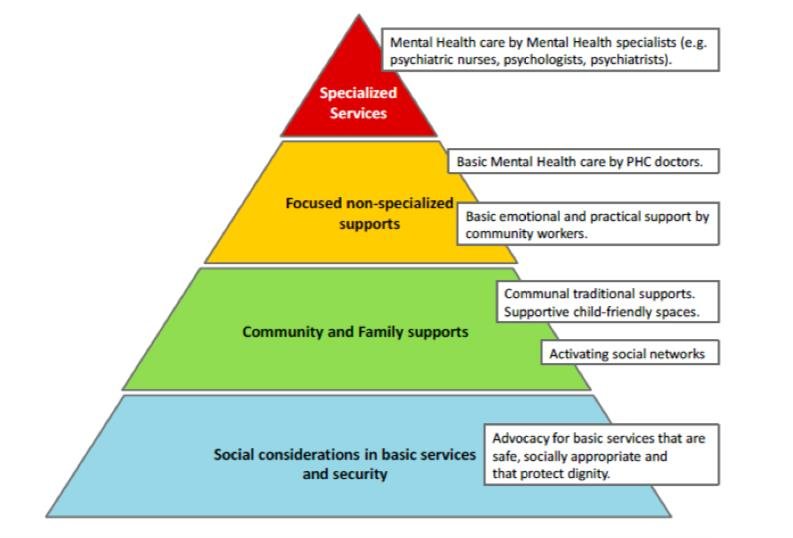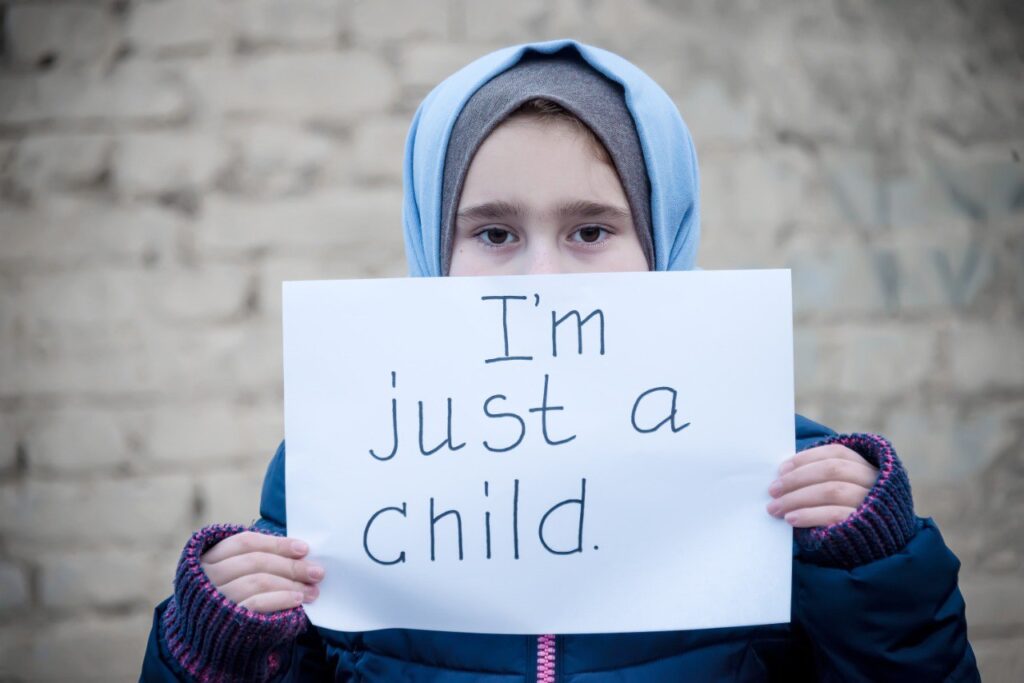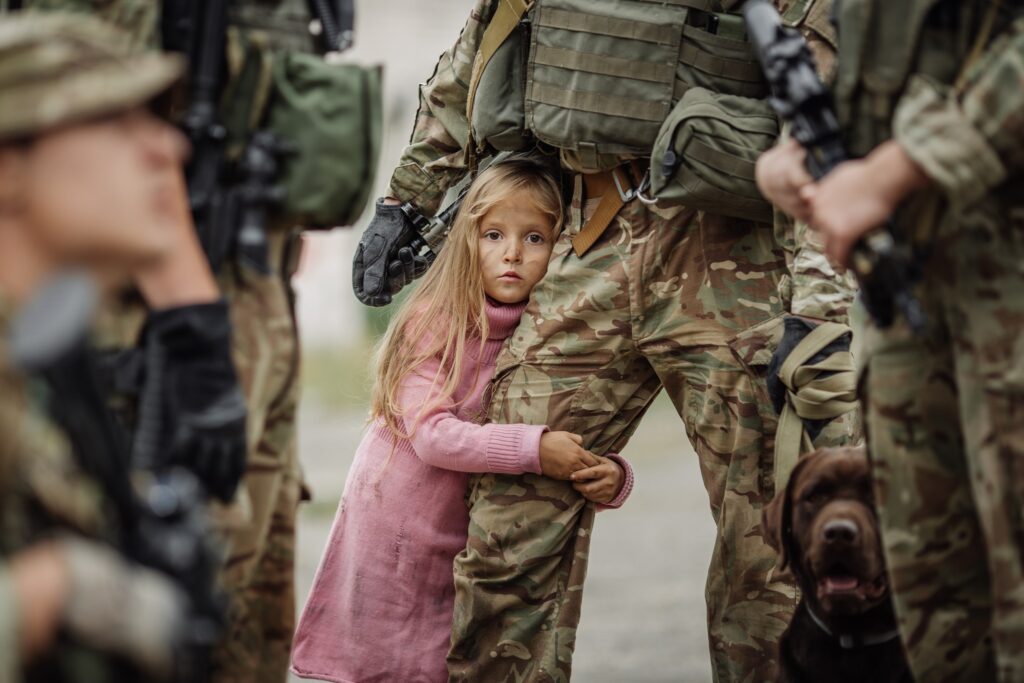IDO - psychological care and rehabilitation
In addition to the physical health care provided by the organization to patients, it also pays great attention to psychological support and rehabilitation.
The organization considers psychological support an essential part of the healing and recovery process for patients.
When a patient faces physical aches and health challenges, he or she can become demoralized and feel depressed and anxious. Here comes the role of psychological support.
IDO seeks to provide patients with a specialized team of psychologists and health educators. These professionals provide emotional and psychological support to patients and help them overcome psychological challenges they may face during their recovery journey.
In addition, we seek to provide psychological rehabilitation programs that help patients regain self-confidence and discover their new abilities after illness. These programs include training on coping with stress and improving mental and emotional health.
Ultimately, IDO aims to improve patients’ quality of life and provide comprehensive support that enhances both the patient’s body and soul. Integrating physical health care with psychological support and rehabilitation enhances the chances of recovery and enables patients to recover more effectively and positively.
IASC MHPSS Intervention pyramid

Intervention
Mental Health Awareness: about definition of Mental health, main causes; sign& symptoms; and consequences of mental health disturbance.
Support Group sessions: these are structural sessions provided to a group of people sharing the same level of suffering. During these sessions, people are sharing their stories and coping mechanisms which are considered as a learning process from other experiences in dealing with such cases and improving the individual own coping mechanism.
Individual sessions: provided for the individual with a high level of suffering and low level of support. The session includes listening to the story, relaxation exercise, psychoeducation.
External and internal referral: according to the need’s assessment of the beneficiary We have three types of referral:
Internal referral to the center doctors .
Internal referral to MhGAP doctor.
External referral to other organizations according to the need of the beneficiary.
Development of services in the future
- Increase team capacity building, especially individual intervention through supervision and training and The most important trainings :
- Cognitive behavioral therapy
- Psychological disorders in children
- An improved method for problem solving
- Focus on increasing coordination and cooperation with MHGAP doctors


